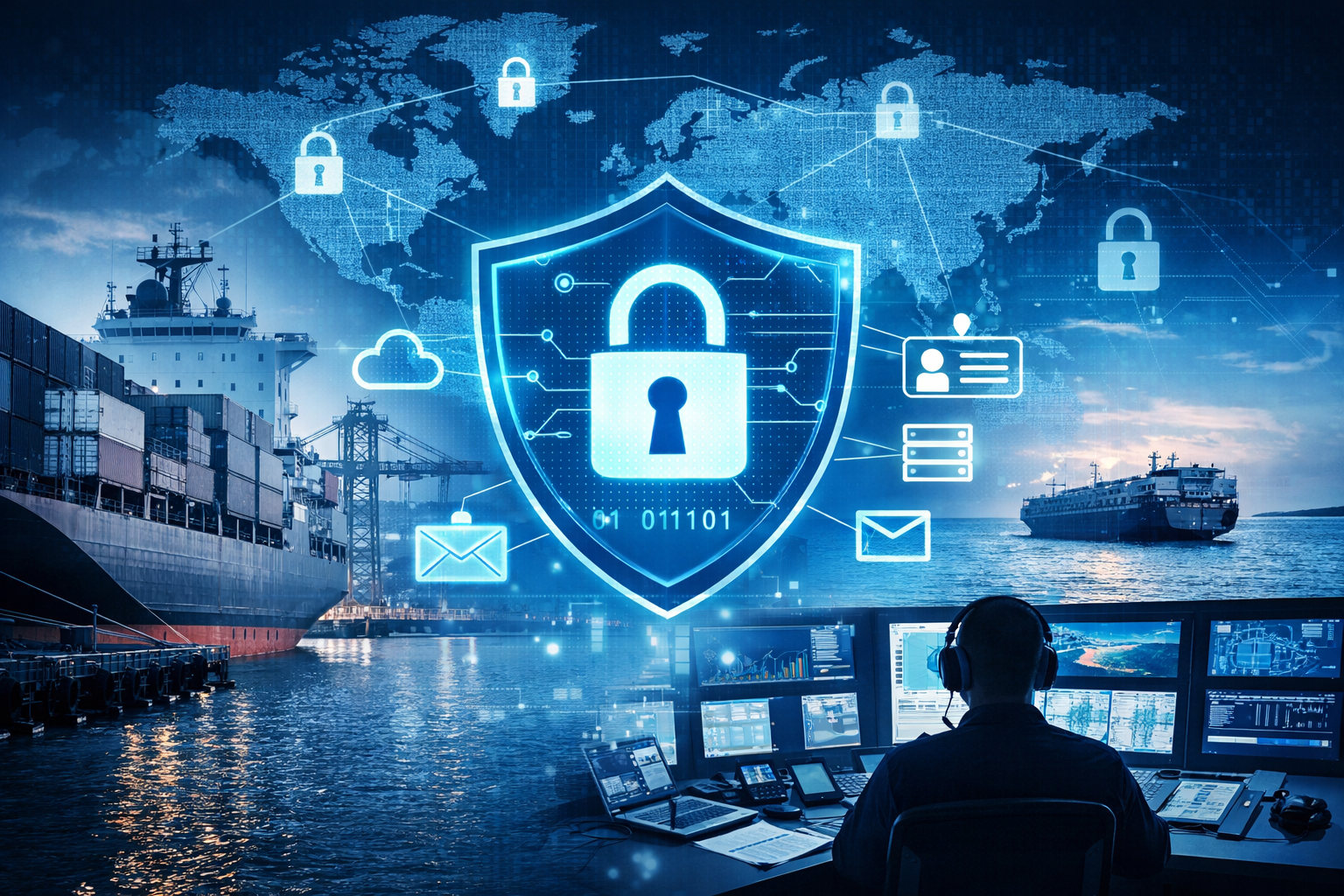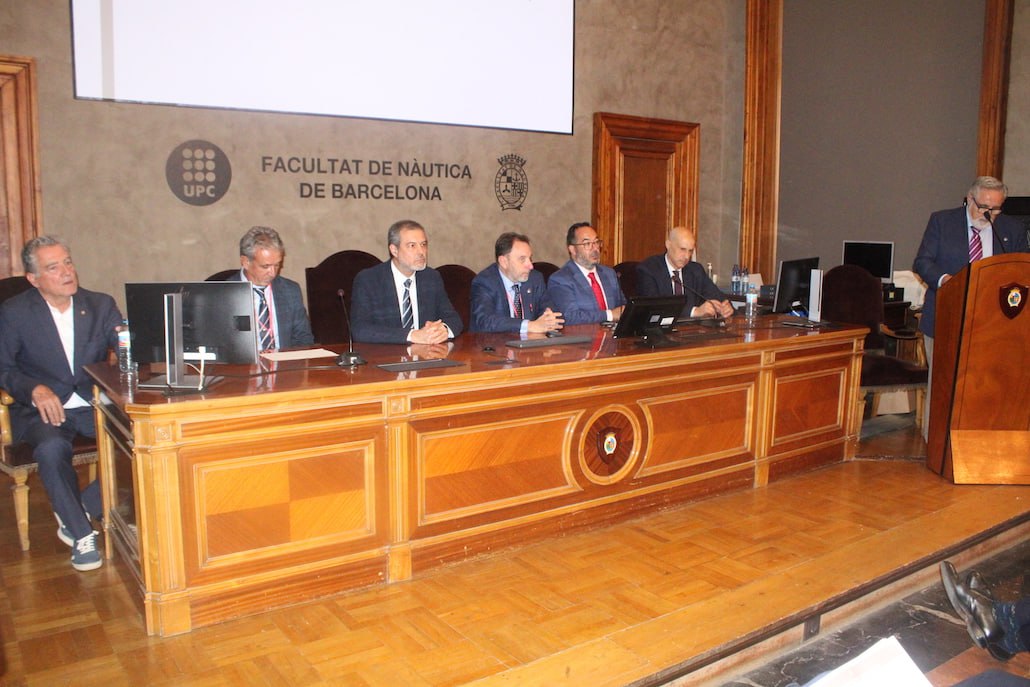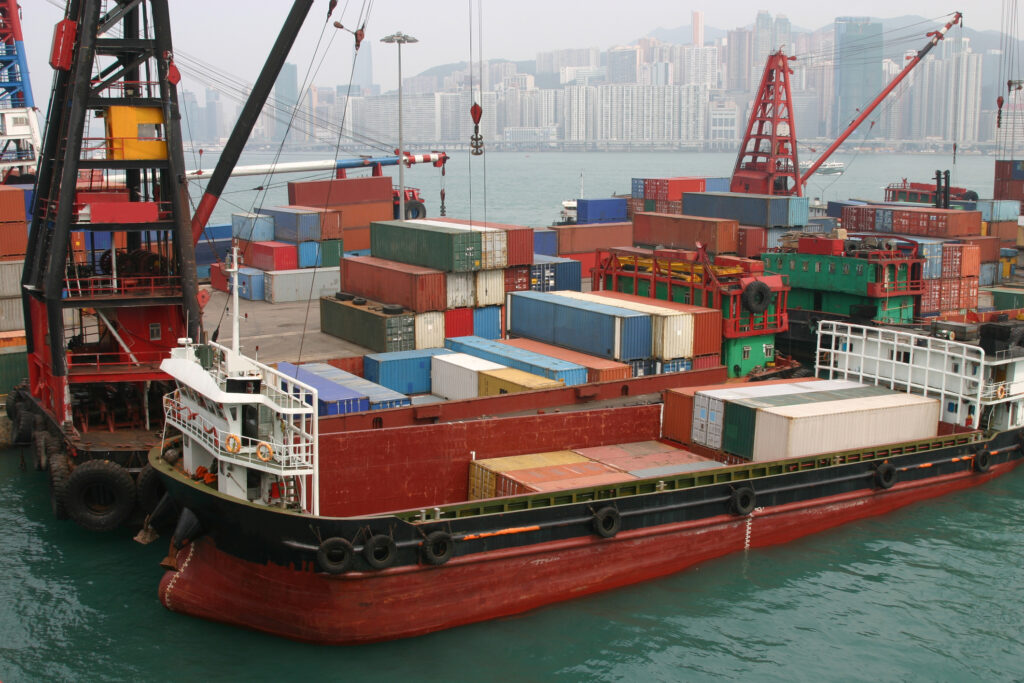
Data Protection in the Maritime Sector: A Key Pillar of Safety and Risk Management
28 January marks European Data Protection Day, a key moment to reflect on the importance of privacy and responsible data

By Naucher
Harbor pilots have defended their adaptability and professionalism in the face of economic uncertainty, as well as those linked to maritime security and the risk of cyberattacks. They did so during the annual technical conference, held at the Barcelona Nautical School, which served as the closing event of the National Congress of Pilots, which ran throughout the week. In the presence of representatives from maritime administrations, such as the President of the Council of the World Maritime Organization (IMO), Víctor Jiménez; the Director General of the Merchant Marine, Ana Núñez; and the President of the Port of Barcelona, José Alberto Carbonell, the group asserted their professionalism and diligence in addressing new challenges arising from the decarbonization of maritime transport, maritime security, and cyberattacks.
In the year that marks the 275th anniversary of the birth of the Barcelona pilots, the group was represented at the technical conference by the president of the National Official College of Harbor Pilots (CONPP), Amador Gutiérrez; the president of the Federation of Pilots, José Luis Saura; the manager of CONPP, Joaquín Monedero; and the president of the Barcelona Corporation of Pilots, Joan Roig.
In his speech, the president of the Port of Barcelona, José Alberto Carbonell, highlighted the importance of the congress being held again in the Catalan capital, after not having been held since 2007. In this regard, he emphasized the need to “highlight and value the professionalism of the pilots, who are capable of adapting supply to demand, incorporating new technologies and addressing cybersecurity risks.”
For his part, the President of the IMO Council, Víctor Jiménez,advocated for “improving regulatory practices regarding registration.” In the case of the dark fleet, he proposed the advisability of implementing a regulatory framework, for which a preliminary study is currently being conducted, to clearly define the mandatory reporting requirements for vessels navigating in European Union (EU) waters.
Threats to navigation and their protective mechanisms were the central themes of Jiménez’s speech, a theme that was also repeated throughout the technical session. In fact, psychological and emotional support for seafarers was the focus of the presentation of the Pilot Assistance Program (PAPI), which showcased the resources needed to improve the mental health of professionals. “When the machines fail, all we can do is take care of the human element,” stated pilot and aeronautical psychologist Eugenio Taboas.

28 January marks European Data Protection Day, a key moment to reflect on the importance of privacy and responsible data

Maritime safety and P&I risk management continue to advance as new international obligations take effect to enhance life-at-sea protection and